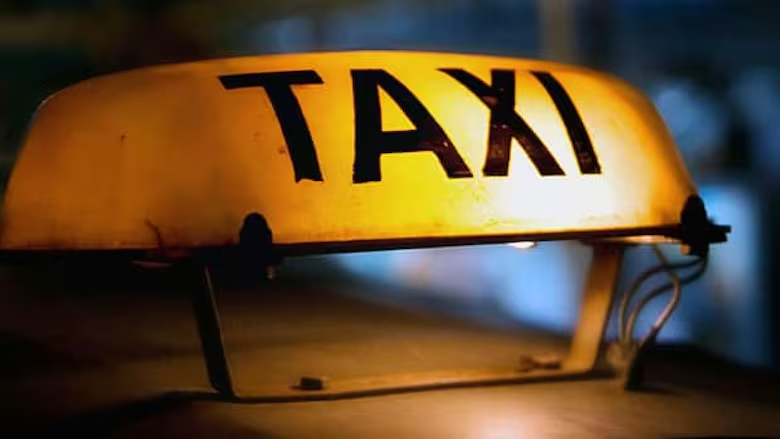'It is toothless': Cabbies say Saskatoon going at $100 taxi clean-up fee all wrong
City says fee could be waived; union of taxi drivers says 'there's no enforceability'

A union representing around 200 taxi drivers in Saskatoon says a proposed law calling for alleged defecators, urinators and vomiters to pay a fixed $100 clean up-fee doesn't go far enough.
The city is suggesting the fee be waived "when the passenger is unable to make payment at the end of a taxi trip."
United Steelworkers Local 2014 says that renders the law "toothless."
"There's no enforceability," said Mike Pulak, a staff representative with the union local. "Any person that would be aware of the bylaw could just say, 'I don't have any money.'
"I'm surprised that the city would do something like that."
'Right out of left field'
The city is also calling for "improperly charging a cleaning fee and failing to report the charging of a cleaning fee" to be cited as offences under the taxi bylaw.
Cabbies found guilty of either could be fined $250 or even have their licence temporarily suspended.
"It's right out of left field for us," said Pulak.
The $100 clean-up fee was meant to partially offset the cost (ranging from $300 to $500) of having a car cleaned after someone befouls it, Pulak added.
"Now the city introduces a fine" on drivers, he said.
Not everyone could afford it: city
In a new report, the city says "not all individuals will have access to an additional $100 at the end of a trip."
Encorcing the new law could prove messy, according to Saskatoon defence attorney Brian Pfefferle.
- Passenger cleanup fee for Saskatoon taxis gets nod from cabbies, city administration
- 'It was pretty gross': Saskatoon mom says poop fell from sky onto family's deck
The city says taxi drivers will have to provide "video footage…in each instance of a cleaning fee being charged."
"With vomiting it's likely going to be quite clear when someone's [doing that]," said Pfefferle.

"But if someone defecates themselves or urinates themselves, that can be done without probably much movement on the video. So I think one can see potential problems with creating that burden [of proof]."
Caught on tape?
It's also unclear whether the bylaw will even require drivers to capture the act on tape or just the resulting mess, said Pfefferle.
That ambiguity could lead to appeals, he added — something the city has also built into the proposed law.
"It doesn't say," said Pfefferle. "So one wonders if a taxi driver pulls out their cell phone at the conclusion of a ride and says, 'Hey, here's the back of the vehicle, here's the urine, here's the defecation, here's the vomit,' is that good enough?'
"We'll have to see the exact wording of the legislation."
Protecting against extortion
Overall, however, Pfefferle said the proposed bylaw strikes a balance between protecting passengers from extortionary drivers and protecting the drivers themselves.
"We know that taxi drivers are among the most vulnerable people vulnerable to acts of violence by drunk and disorderly patrons. I think that the city's obviously acknowledging that."
- Saskatoon taxi drivers want city to force cabs to have flashing emergency lights
- Saskatoon cabbies worry merger will put the brakes on safety
Limiting the fee to feces, urine and vomit "would help avoid overuse of the fee — for muddy boots, for example," it added.
City councillors are scheduled to talk about the proposed rules Monday afternoon at city hall.

